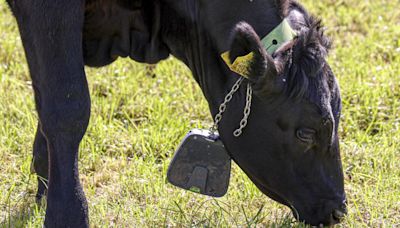Search results
The Pulse Credit Card Online Account Manager lets you manage everything to do with your account in one place - from paying your balance to updating your details.
Latest News. BMA to explore GMC ‘fee withdrawal’ if PA regulation concerns not addressed. GPs want new Government to focus on GP recruitment. Pilot PCNs to receive 10% funding uplift to expand GP clinical capacity. Former RCGP chair quits NHSE to become New Zealand CMO. Practices decide how many GPs they employ, says minister.
Your pulse rate, also known as your heart rate, is the number of times your heart beats per minute. A normal resting heart rate should be between 60 to 100 beats per minute, but it can vary from minute to minute.
Mar 28, 2024 · The normal resting heart rate (when not exercising) for people age 15 and up is 60 to 100 beats per minute (bpm). However, your heart rate may vary slightly from the norm due to...
Your heart rate (also known as your pulse rate) is the number of times your heart beats per minute (bpm). Everyone’s heart rate is different and can change over time. What’s on this page: What's a normal heart rate? What's a dangerous heart rate? Fast heart rate (tachycardia) Slow heart rate (bradycardia) Exercise and your heart rate
Mar 14, 2024 · When you check your pulse, you feel the force of blood going through an artery close to your skin’s surface with each heartbeat. You can find your pulse on your wrist, neck, elbow or even the top of your foot.
How to check your pulse. Once you’ve found your pulse, continue to feel it for about 30 seconds. Check to see if it feels regular or irregular. You can work out your heart rate in beats per minute (bpm) by: counting the number of beats in your pulse after 60 seconds, or.



